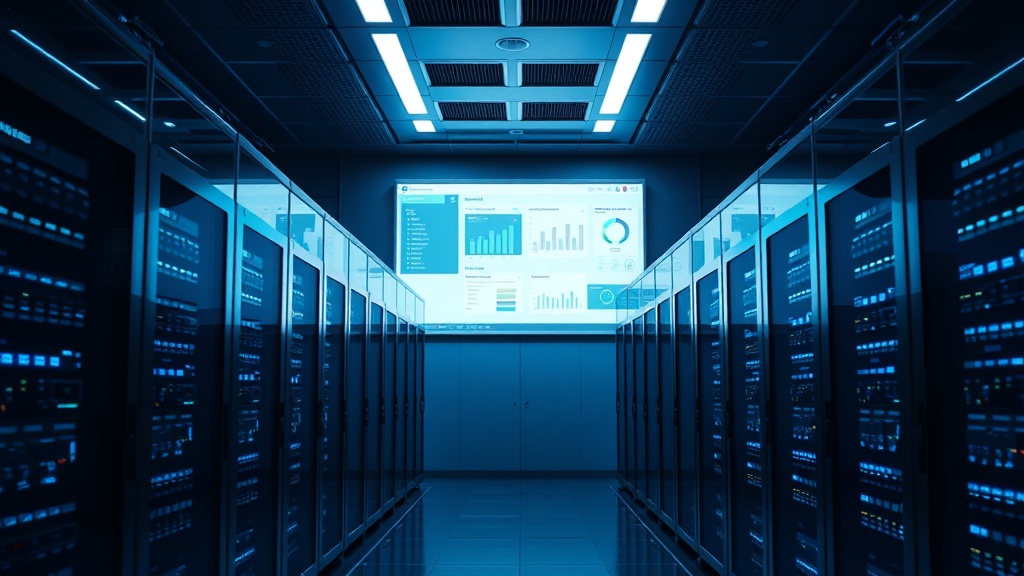Address
304 North Cardinal St.
Dorchester Center, MA 02124
Work Hours
Monday to Friday: 7AM - 7PM
Weekend: 10AM - 5PM
Address
304 North Cardinal St.
Dorchester Center, MA 02124
Work Hours
Monday to Friday: 7AM - 7PM
Weekend: 10AM - 5PM

Security help isn’t just for big companies anymore. More businesses have started getting outside help to protect their data.
Remote work changed everything in security. Cyber attacks got smarter too. Now companies of all sizes need help. They’re turning to security partners who offer things like SIEM monitoring and threat detection. It’s the smart way to stay safe.
Most IT teams can’t match what security partners offer. It’s simple math: better tools plus expert staff equals stronger protection.
Letting experts handle security makes sense. Your business can focus on growing. Your data stays safe. Your team sleeps better at night. Want to know more about how this works? Let’s break it down.
SIEM tools promise to catch bad guys instantly. Nice idea. Reality hits differently.
Security teams get buried under huge alert volumes, the average SOC receives around 3,832 alerts per day, and up to 67% of those often go unaddressed due to alert fatigue and false positives (1).
Too many warnings, not enough eyes to watch them. Small companies struggle to hire experts who’ll work around the clock. Who can blame them?
That’s where managed SIEM comes in. Someone else handles the watching. They spot the patterns. They jump on problems fast. No need to build your own security center or hire a night team.
We’ve all heard the stories. Alarms going off at 3 AM. Empty offices. Nobody there to respond. Next morning? Too late. A managed team fixes that problem. Always there. Always watching.
The difference with an MSSP? Security experts see these alerts instantly, investigate, and react. Managed SIEM services include:
With SIEM as a service, you pay for results, not just software. Pricing depends on event volume and complexity, but the total is almost always lower than hiring and training a full in-house team.
For any organization thinking about MSSP vs MDR, this is a key difference, MSSPs offer true security expertise, not just technology management.
Credits: unsplash.com (Photo by Adi Goldstein)
What is MDR, and how is it different from SIEM management? MDR is the hands-on, detective side of managed security. Not only does it spot threats, but it also hunts them, investigates system behaviors, and responds before an incident can cause real damage.
Organizations using MDR typically see a 50% reduction in both mean time to detect (MTTD) and mean time to respond (MTTR) compared to environments relying solely on SIEM alerts (2).
We remember a case where a healthcare provider’s MDR team spotted a credential theft attempt on a Saturday night. The attacker was blocked before any sensitive data left the building. That’s the kind of rapid response that makes a difference.
MDR benefits include:
While SIEM handles the alerts, MDR focuses on rapid action, a difference that highlights the core advantages of outsourcing to an MSSP. MDR is about staying ahead of black hat tactics, before you end up in a data breach headline.
Endpoints are the doors to your digital assets. Laptops, tablets, and workstations all present unique security risks, especially with remote work now the norm.
EDR management by an MSSP means someone is always watching, analyzing, and responding to suspicious activity on every device, whether it’s in the office or halfway across the world.
In practice, this looks like:
A friend working at a small accounting firm told me how an MSSP’s EDR caught a ransomware attempt originating from a USB stick brought in by a contractor. The system locked down the machine, saving not just that device, but the entire network.

Credits: unsplash.com (Photo by Kaitlyn Baker)
Vulnerability management isn’t glamorous, but it’s crucial. Patching every possible flaw is impossible, so the value of these services lies in identifying the highest risks and fixing them first. MSSP vulnerability management includes:
A small business owner we interviewed said their MSSP helped avoid a costly mistake by flagging an overlooked software vulnerability, one that had been used in a recent dark web exploit.
Firewalls are the front line of network security. Managed firewall services mean configuration, monitoring, and updates are handled by experts who understand the latest threats and best practices.
MSSPs provide:
A retailer we spoke to credited their MSSP for catching a misconfiguration that could have exposed credit card data, a mistake that might have triggered PCI DSS penalties.
IDS and IPS tools act as silent sentinels, watching for signs of intrusion or attack. Managed IDS/IPS by an MSSP means you get:
One school district we interviewed avoided widespread malware infection because their MSSP’s IPS blocked lateral movement after an initial breach.
Threat intelligence is about knowing what’s out thereon the dark web, in hacker forums, and in the latest malware campaigns. MSSPs aggregate, score, and integrate this intelligence to improve your defenses.
You get:
A local law firm’s security team once told me how their MSSP flagged a phishing campaign by matching a suspicious email to a dark web credential dump. That’s the kind of proactive defense these services enable.
Logs are evidence, plain and simple. They’re how you prove compliance and reconstruct incidents. MSSP log management services give you:
A healthcare provider we covered once breezed through a HIPAA audit because every access event, login, and alert was neatly logged and ready. Without MSSP support, it would have been weeks of prep work.
Cloud platforms expand your attack surface. Monitoring them is a must, but most in-house teams lack the tools. MSSPs provide:
A tech startup we spoke with avoided a data leak after their MSSP flagged an exposed S3 bucket within two hours of a misconfiguration.
Compliance reporting is a headache MSSPs can ease. They automate evidence collection, report generation, and audit prep, so your team isn’t scrambling.
Services include:
An e-commerce manager once told me their MSSP’s automated reporting kept them out of regulatory trouble and let their internal help desk focus on customer needs, not paperwork.
Choosing the right MSSP partner isn’t just about flashy dashboards or promises of “robust security.” It’s about clear service delivery, honest communication, and a strong value proposition. Here’s what we’ve learned from those who get the most from MSSP services:
The right MSSP lets you stay ahead of cyber threats, even as your attack surface and business needs change. You’ll sleep better at night, your security team can focus on real strategy, and your digital assets will be better protected even when you’re off the clock.
If you’re ready to lighten your security team’s load, protect sensitive data, and meet compliance requirements without the headaches, start a conversation with MSSP experts who specialize in helping you streamline your stack and boost service quality.
Ask for real-world examples, not just sales pitches. The difference between good enough and great is often as simple as the right partner watching your back, day and night.
Finding good security talent is tough. MSSPs help by bringing in pros with real-world skills to strengthen your security team. Their support means you don’t need to hire and train everyone yourself they give you access to expertise that’s ready to go.
MSSP partners help companies get better managed security without adding more work. They handle threats, monitor systems, and make sure security service delivery stays sharp. It’s like adding a full defense team without changing how you run your business.
When there’s a threat, fast action matters. MSSPs boost response times by spotting danger early and reacting right away. Whether it’s an alert or a real attack, mssps can help keep things under control before it gets worse.
A good service provider follows the same solutions MSSPs trust, like automation, threat intel, and 24/7 monitoring. That means you get expert-level tools without managing them all yourself. It’s a smoother way to stay secure and focused on your goals.